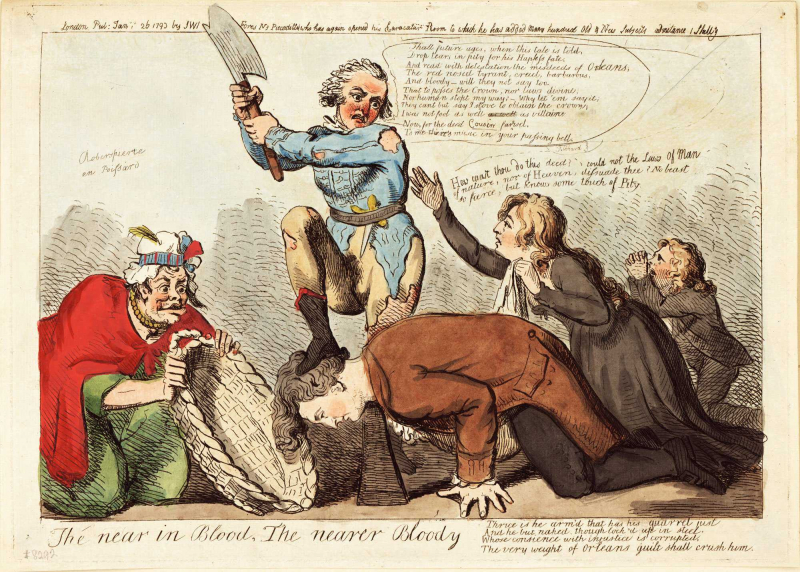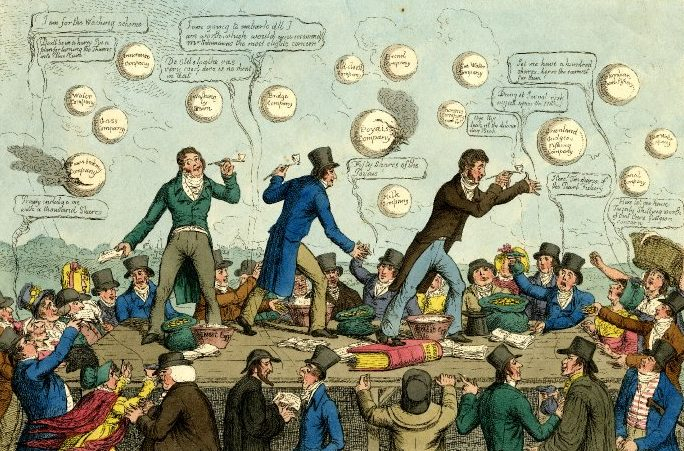Financial Crisis Caused Due To Costly Wars
Throughout the 18th century, France was involved in a number of costly wars, most of which were fought against its long-term rival, Great Britain. The Seven Years' War between France and Britain was lost by Louis XV, who governed from 1715 to 1774. He then devised a strategy to avenge the defeat by expanding his navy and forming an anti-British alliance of friends. This, on the other hand, just resulted in a mound of debt. Following Louis XV's death in 1774, his grandson, Louis XVI, drew France into the American War of Independence against Britain. Despite the fact that the United States won the war, France reaped the little benefit. The cost of French backing for the war was 1.066 million French livres, a large figure at the time. This worsened the economic crisis in the nation and pushed it toward bankruptcy.
The Court was heavily in debt, which combined with a failing financial system resulted in a disaster. Because the Crown couldn't find any more willing lenders to service the debt, Louis attempted to enlist the help of the nobility through an Assembly of Notables. The nobles, however, refused to aid because their authority and influence had been slowly dwindling during Louis XIV's reign, and Louis was obliged to rely on the Estates-General. This meant that the disgruntled Third Estate (affected by poor policy and low living standards) were given the opportunity to air their grievances, and when they did not receive a satisfactory response, the Revolution began in earnest; they denied the King's authority and established their own government.












